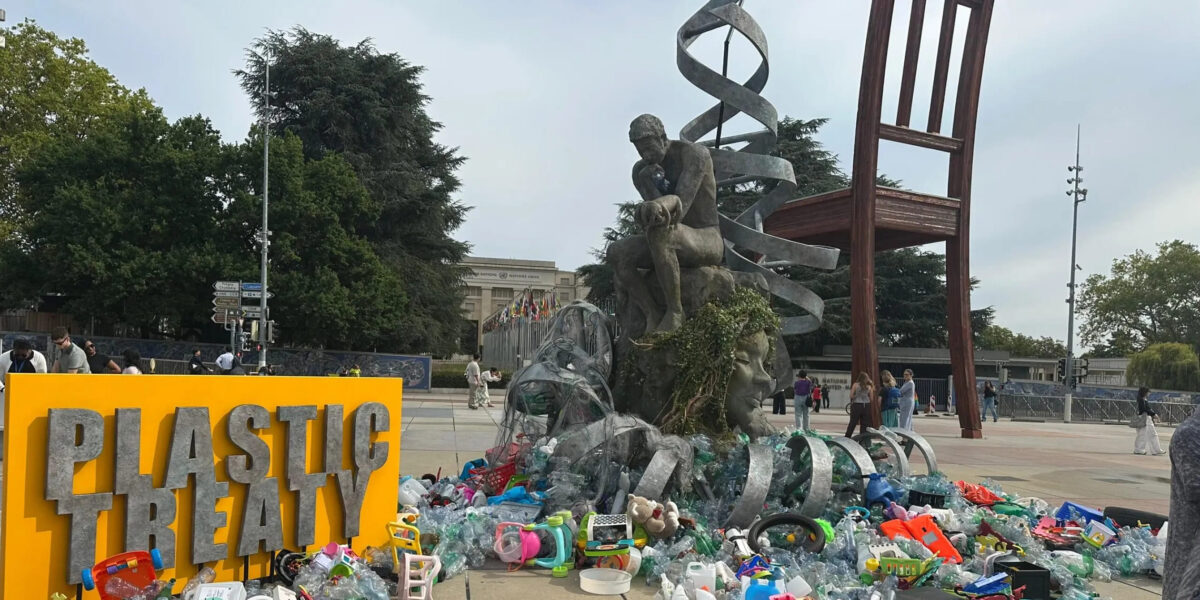SPE at INC‑5.2: A Technical Voice in Policy

SPE reinforces its role as a technical voice at INC‑5.2, promoting science-based solutions for a practical, global plastics treaty.
The Society of Plastics Engineers (SPE) reaffirmed its role as a leading technical voice during the second part of the fifth Intergovernmental Negotiating Committee session (INC‑5.2), held August 5–14, 2025, in Geneva, Switzerland. As delegates worked to finalize a global treaty to end plastic pollution, SPE contributed insights grounded in science, engineering, and practical industry knowledge.
You can also read: Shaping the Global Plastic Pollution Treaty: SPE’s Role in INC-5.
A Neutral, Technical Voice in a Divided Arena
Conor Carlin, Past President of SPE, delivered the organization’s official statement during the plenary session. He emphasized SPE’s neutrality and technical expertise as essential to crafting an effective and enforceable treaty.
“SPE is an impartial, technical organization capable of contributing to the treaty’s inherent challenges,” said Carlin.
He described SPE as a bridge between science, industry, and policy, enabling negotiators to understand better the practical implications of treaty proposals related to polymer design, reuse, and end-of-life strategies.
Technical Priorities at the Heart of the Treaty
SPE spotlighted several focus areas where engineering insight is critical to informed decision-making. These include:
Recycling innovation
Biobased materials
Designing for circularity
Carlin also highlighted SPE’s global educational initiatives, which empower engineers, designers, and manufacturers to implement sustainable practices and meet emerging regulatory demands.
Supporting Clarity Amid Political Debate
Carlin’s remarks came at a key moment. Delegates remain divided over core issues such as production caps, chemical regulation, and funding mechanisms. While some nations push for binding targets, others advocate for voluntary approaches.
SPE stays neutral in these policy debates. Instead, it provides the technical clarity needed to ensure that whatever agreement emerges is scientifically grounded and operationally feasible.
Building on a Strong Foundation
SPE’s contribution at INC‑5.2 builds on its active participation in INC‑5.1 (Busan, 2024). In both sessions, the organization served as a neutral facilitator, translating complex technical knowledge into accessible insights for international negotiators.
Continuing Its Role Beyond INC‑5.2
As the treaty nears finalization, SPE continues to support the process through technical briefings, written submissions, and global collaborations. Its involvement ensures that the final treaty reflects science-based solutions that are scalable, sustainable, and innovation-friendly.
By staying engaged, SPE highlights the essential role of materials science and engineering in shaping practical, impactful environmental policy—and reaffirms its commitment to being part of the solution.
You can watch the full session here. Conor Carlin’s intervention runs from 2:35:45 to 2:37:50.
